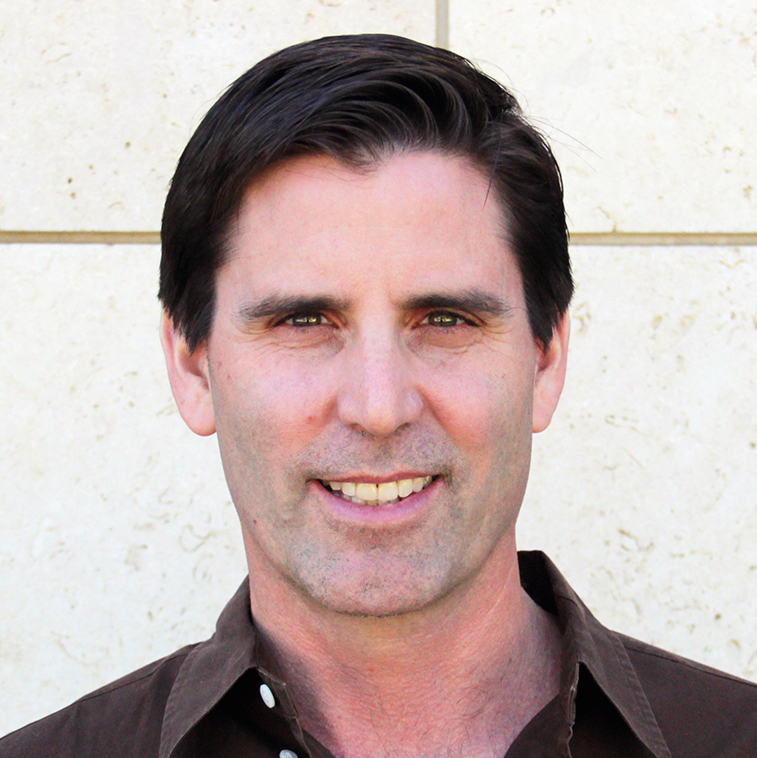
A professor who is suing a journal publisher and critic for defamation has announced he plans to drop the case.
Yesterday, Stanford University professor Mark Jacobson announced on Twitter that he plans to “voluntarily dismiss the lawsuit” he filed last year in the District of Columbia, in which he alleged he was defamed when the Proceedings of the National Academy of Sciences published a paper critical of his research on the future of renewable energy. Continue reading Stanford prof plans to drop $10m suit against PNAS and critic
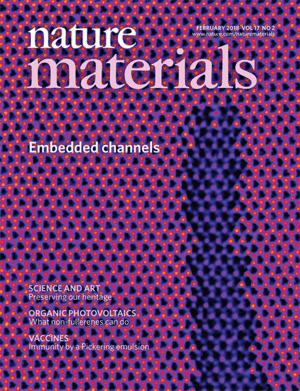 The authors of a highly cited 2016 research letter on a way to improve the efficiency of solar panels have retracted their work following “concerns about the reproducibility.”
The authors of a highly cited 2016 research letter on a way to improve the efficiency of solar panels have retracted their work following “concerns about the reproducibility.”
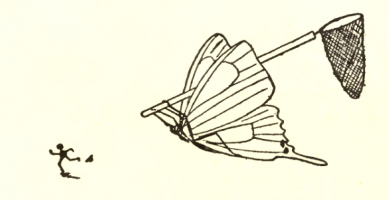

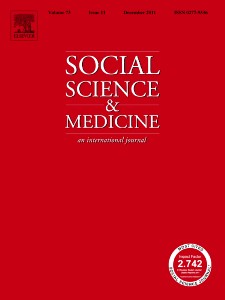

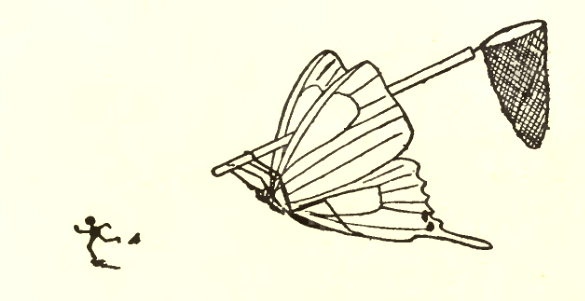 Title:
Title:  A journal has retracted a
A journal has retracted a 